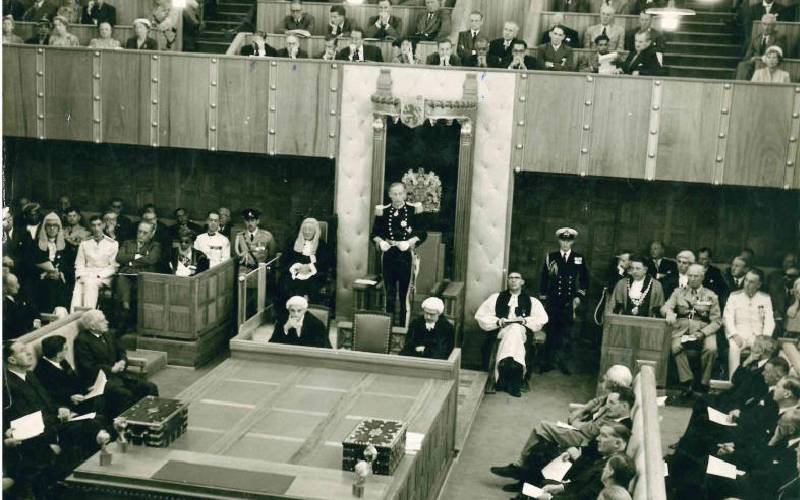
There was a time elections in Kenya were not a raucous affair. During this age of innocence, elections were organised by bureaucrats and it was a public affair that the key supporters and campaigners were published in a government newspaper so that everybody knew who was on whose side.
During this time which could be described as the end of the season when Kenyans ceased being under the East African Protectorate and were properly colonised by the King of England, the whole of Nairobi had just two electoral areas, Nairobi South and North.